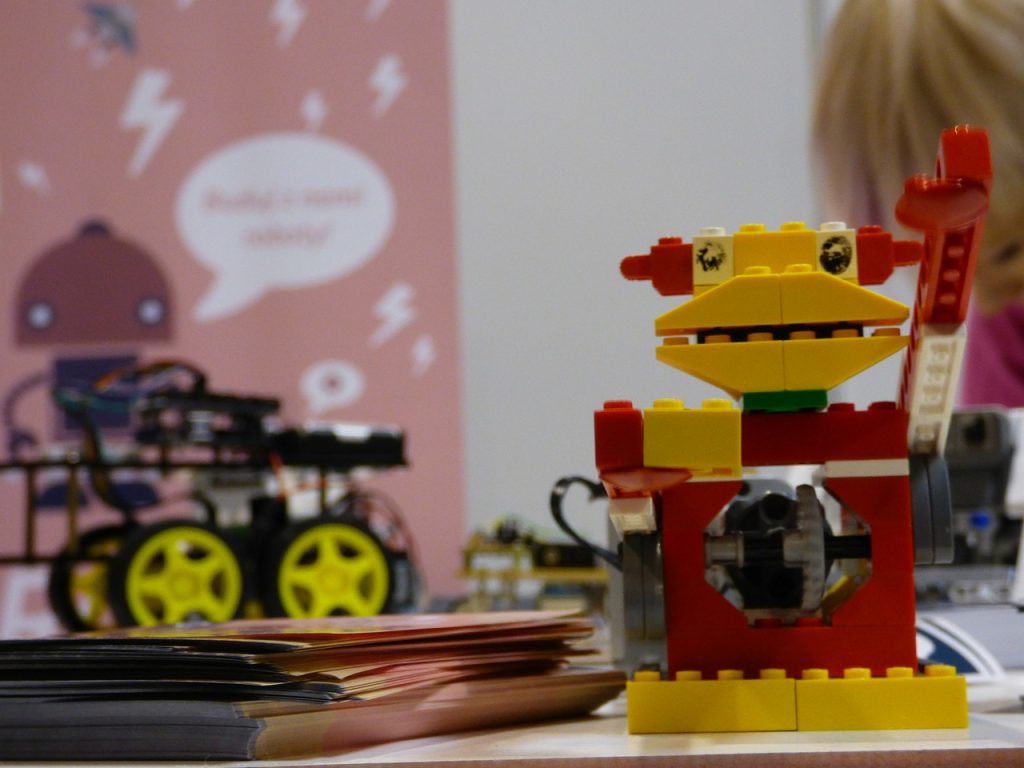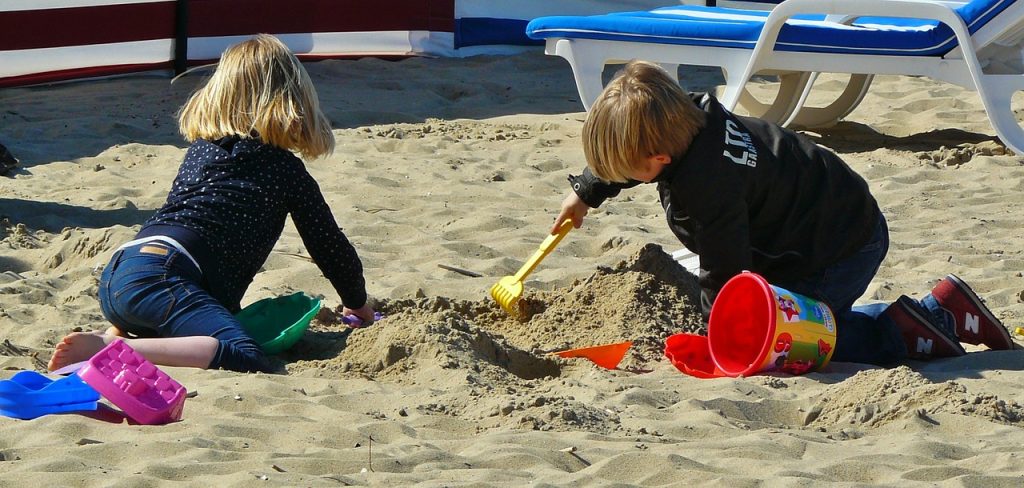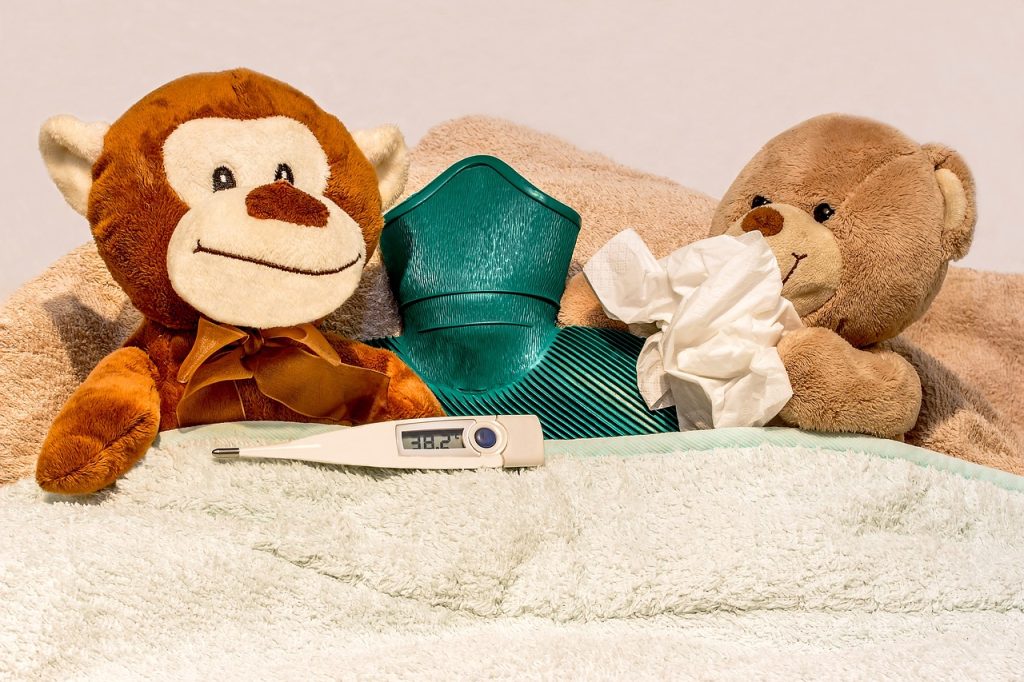It’s a fact of life that people get ill, and those in contact with small children more often than most. One of the advantages of a nanny is that they will care for poorly children, but an oft cited disadvantage is that you rely on one person for your childcare, as you do with a childminder, and if they are sick you have no childcare. The sooner everyone knows about any sickness, the easier it is to deal with the disruption.
Tips for parents:
Sick children: As we said a nanny will normally care for sick children as part of their job, but it’s always good to give your nanny a heads up before they arrive. If your nanny is female and your children have an illness which could be dangerous in pregnancy you should warn your nanny in case they are in the early stages and haven’t told you.
Sick parents: There’s no reason your nanny shouldn’t come to work but they might need to adjust their plans slightly to give you the peace and quiet you need to recuperate.
Sick nannies: Before employing a nanny it’s a good idea to have a backup plan in place. Local nanny agencies should have temporary nannies available to work in your area or your employer may offer emergency childcare solutions. Most nannies will only take time off when they’re absolutely incapable of coming to work so even if it’s a day when you have a really important meeting try not to make them feel worse than they already do.
Tips for nannies:
Sick children: Your charges may want Mummy or Daddy, and many more cuddles than usual. Make sure your employers understand that your priority is your poorly charge and the usual jobs might not get done.
Sick parents: It can be hard having parents at home, especially when the children don’t understand that they need to rest. Don’t feel too awkward though – chances are they’re too busy feeling rubbish to listen to your out of tune renditions of head, shoulders, knees and toes at nappy change time.
Sick nannies: Call, rather than text, if you know the night before that you won’t be in the next day. Send a text between 10pm and 6am and follow it up with a phone call to make sure your employers know you won’t be in. If you can suggest any nanny friends who might be happy to cover all or part of the day, and it’s a good idea to have a list in the nanny diary at your boss’s house, then your employers will probably be very grateful.








